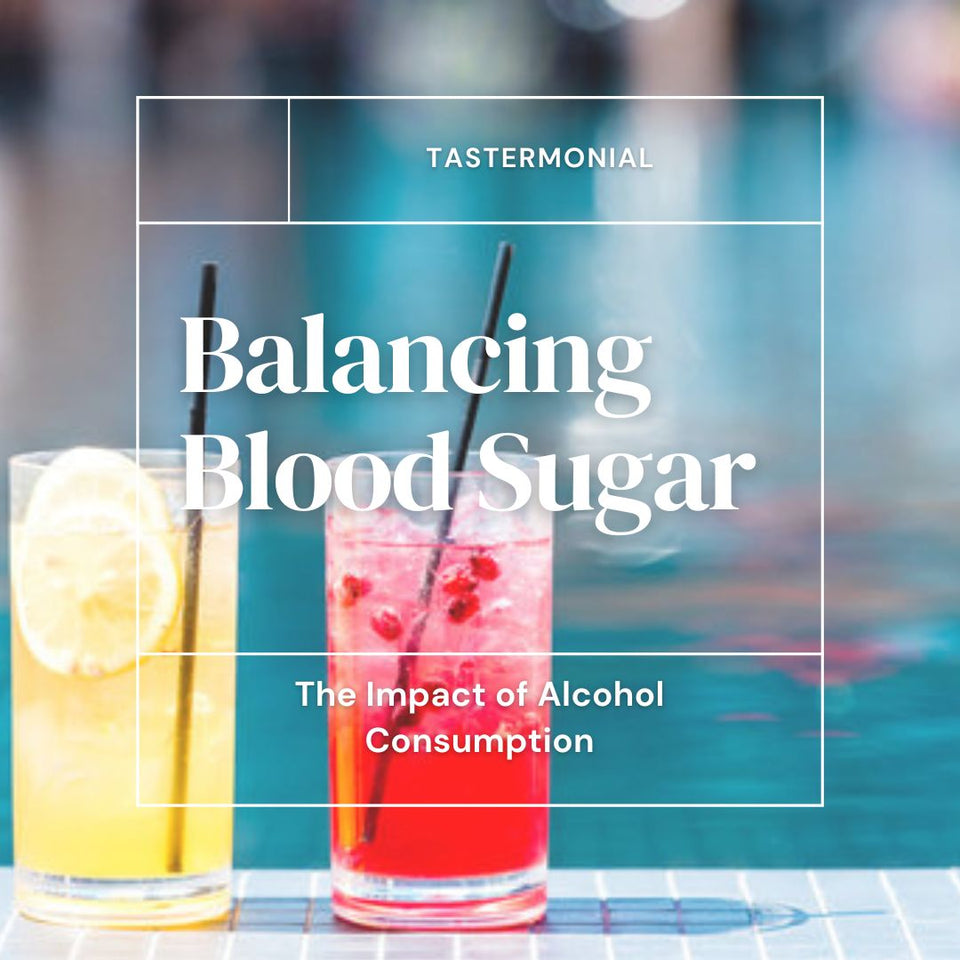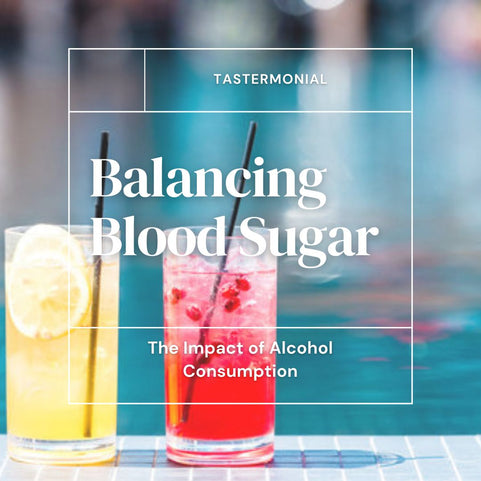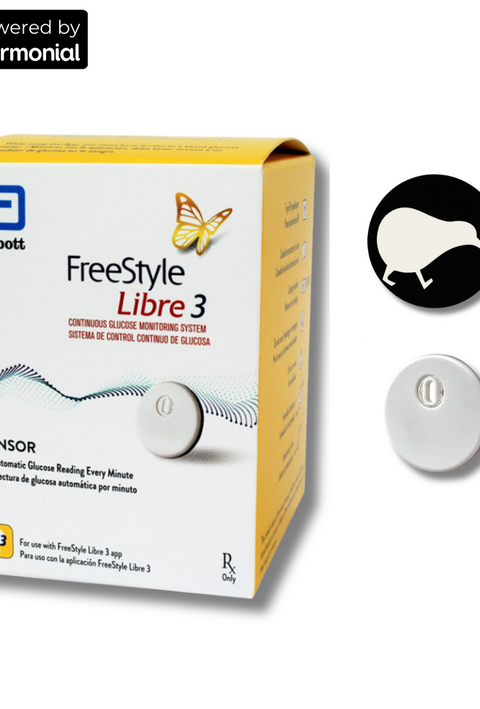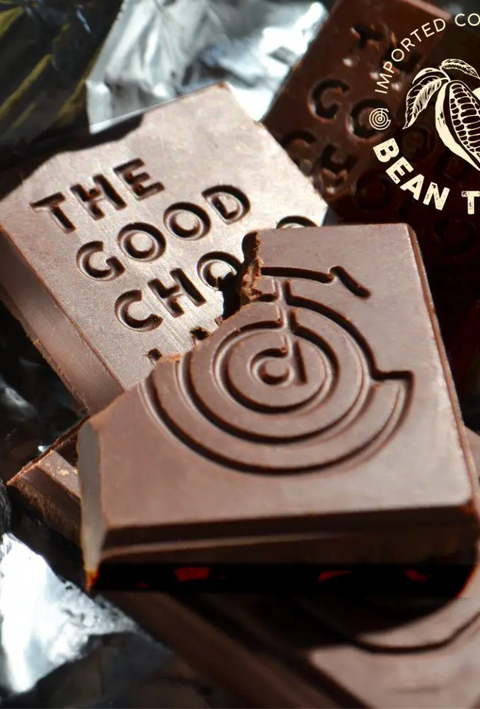
"Can I Still Drink Alcohol While Monitoring Blood Sugar?"
With the onset of the summer season, many individuals eagerly anticipate indulging in alcoholic beverages while basking in the sun or enjoying the beach. For the majority, moderate alcohol consumption is a pleasurable experience without adverse effects. However, individuals who monitor their blood sugar levels or have diabetes must exercise caution when consuming alcohol.
Alcohol can have a substantial impact on blood sugar levels and the efficacy of medications for individuals with diabetes. The effect of alcohol on blood sugar varies depending on factors such as dietary habits and the specific type of diabetes. It can result in either abnormally high or low blood sugar levels. Additionally, excessive alcohol consumption can lead to the accumulation of certain acids in the bloodstream, posing problems for individuals with diabetes.
What Does Alcohol Do To Blood Sugar?
Interestingly, the timing of alcohol consumption in relation to meals also influences its impact on blood sugar levels. If alcohol is consumed after a meal, it can elevate blood sugar levels. Conversely, consuming alcohol on an empty stomach or during fasting can increase the risk of experiencing low blood sugar levels, known as hypoglycemia. Hypoglycemia manifests as symptoms such as shakiness, rapid heartbeat, and a range of other complications.
To comprehend how alcohol induces hypoglycemia, it is important to grasp the role of the liver in maintaining stable glucose levels. The liver acts as a reservoir for glucose, releasing it as needed. However, alcohol can disrupt the liver's ability to release stored glucose or produce more, resulting in a decrease in blood sugar levels.
The influence of alcohol on blood sugar levels extends beyond the immediate period of consumption. Changes in blood glucose levels can persist for up to 12 hours after drinking. This is because the body prioritizes the metabolism of alcohol, leading to ongoing fluctuations in blood sugar levels throughout the night and potentially into the following day.
Alcohol affects the body in various ways, all of which can impact blood sugar levels. For instance, it can stimulate hunger, leading to overeating and potential weight gain. Excessive alcohol consumption can also exacerbate high blood pressure and cause damage to the pancreas, the organ responsible for producing insulin. Furthermore, alcohol places stress on vital organs like the heart, brain, and immune system. Lastly, it can disrupt sleep quality and contribute to elevated glucose levels.
How Different Types of Alcohol Affect Blood Sugar
Different types of alcoholic beverages have varying effects on blood sugar levels. For instance, beer and cocktails containing high amounts of sugar can cause rapid and significant spikes in blood sugar levels. This is primarily due to the excessive carbohydrate content in beer and the sugar present in cocktails. Sweeter wines can also contribute to blood sugar spikes. On the contrary, certain liquors and drier wines may not lead to noticeable fluctuations in blood sugar levels.
When monitoring blood sugar try to stick to mostly low carbohydrate drinks. Avoid mixers that are heavy in sugar and opt for sparkling water or low sugar juices. Some examples of that would be: vodka soda, red or white wine, and martini's. If you would like to drink beer opt for a lower carbohydrate light beer.

Conclusion
In conclusion, individuals with diabetes or those monitoring their blood sugar levels must exercise mindfulness regarding the effects of alcohol on their bodies and adjust their alcohol consumption accordingly. Seeking guidance from healthcare providers can provide personalized advice and help establish an appropriate balance between enjoying the summer season and maintaining optimal health. It is crucial for individuals with diabetes to approach alcohol consumption cautiously and consult their healthcare provider before making any significant changes.













